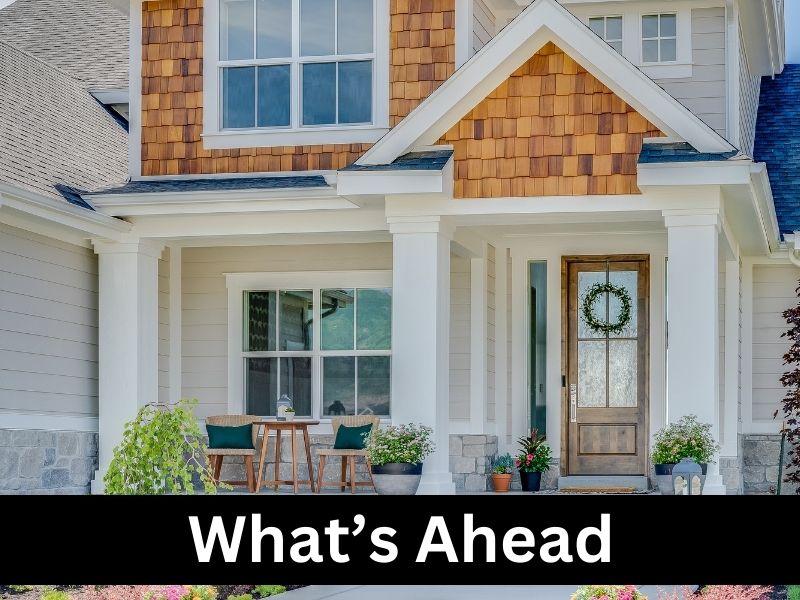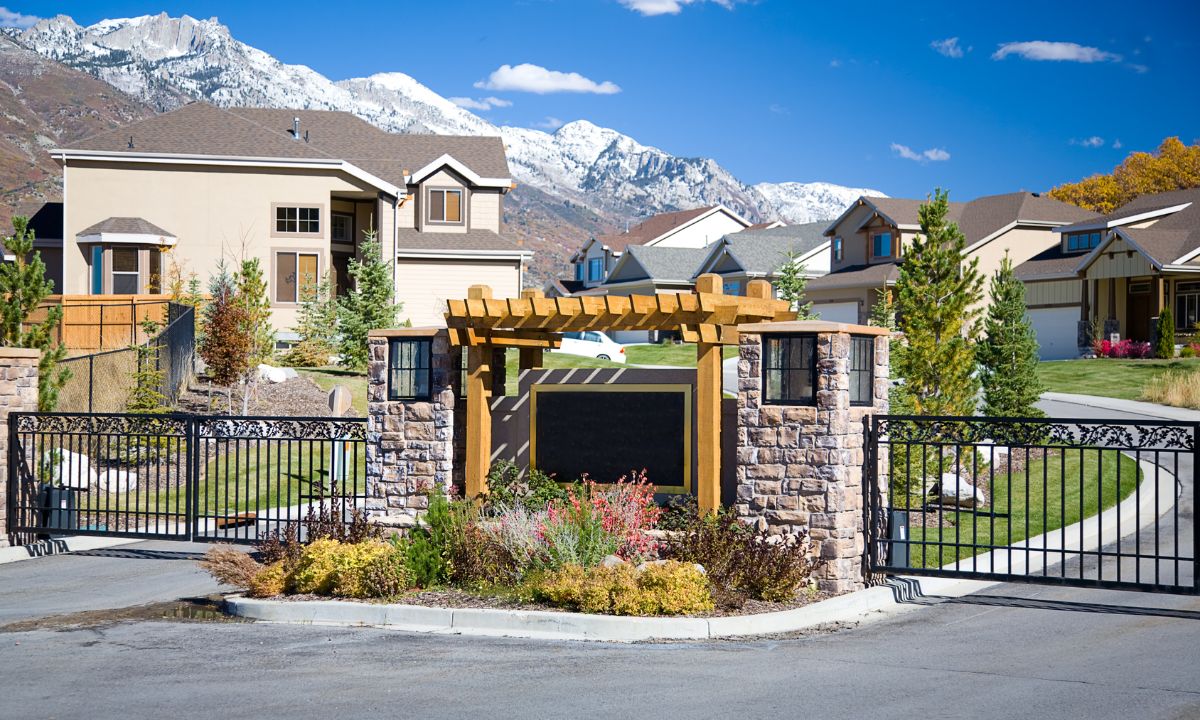What’s Ahead For Mortgage Rates This Week – April 22nd, 2024

Last week, the largest report was the Federal Reserve’s Beige Book, leading into chairman of the Federal Reserve Jerome Powell speaking on the current state of the economy and the stance of the Federal Reserve. While the Beige Book has indicated some positive movement towards a strong economy, there have been many indicators from all inflation data that inflation has yet to be tamed to the standards of the Federal Reserve.
This was punctuated by Jerome Powell, as he discussed at length the Federal Reserve has yet to feel inflation is under control. This has dispelled all notion there will be a rate cut in the future and likewise a strong reaction from lending partners and markets across the economy.
Beige Book
The U.S. economy grew slightly faster in the early spring and businesses added more workers, a Federal Reserve survey found, but there was little progress in lowering inflation.
The latest findings in the so-called Beige Book match the assessment of top Fed officials, who in recent weeks pointed to a strong economy and still-elevated inflation as a reason not to cut U.S. interest rates soon.
Jerome Powell on Inflation
Most recent data shows a lack of progress this year on reaching the Federal Reserve’s inflation goal, indicating that more time is needed before it can lower interest rates, Federal Reserve Chair Jerome Powell said Tuesday.
Primary Mortgage Market Survey Index
• 15-Yr FRM rates are seeing an increase by 0.23% with the current rate at 6.39%
• 30-Yr FRM rates are seeing an increase by 0.22% with the current rate at 7.1%
MND Rate Index
• 30-Yr FHA rates are seeing a 0.22% increase for this week. Current rates at 6.92%
• 30-Yr VA rates are seeing a 0.22% increase for this week. Current rates at 6.94%
Jobless Claims
Initial Claims were reported to be 212,000 compared to the expected claims of 215,000. The prior week landed at 212,000.
What’s Ahead
Three reports are set to take center stage. Another strong inflation indicator in the PCE Index & Prices, Consumer Sentiment from Univ. of Michigan, and Manufacturing PMI data. All which should give the final decision on whether the next Federal Reserve Rate Decision meeting will include a rate cut. There is very little expectation there will be a rate cut at this juncture.

 Welcome to our consumer blog, where we delve into the finer details of real estate and homeownership. Today, we’re exploring the enticing realm of gated communities and why they might just be the perfect fit for your next home purchase.
Welcome to our consumer blog, where we delve into the finer details of real estate and homeownership. Today, we’re exploring the enticing realm of gated communities and why they might just be the perfect fit for your next home purchase. So, you’re considering buying a second home? Whether it’s a cozy cabin in the woods, a beachfront retreat, or an urban pied-à-terre, the idea of owning a second property is undoubtedly exciting. However, before you get swept away by visions of lazy weekends and family gatherings, it’s crucial to understand the financial implications, especially when it comes to mortgages. Here’s a comprehensive guide to help you navigate the mortgage considerations when buying a second home.
So, you’re considering buying a second home? Whether it’s a cozy cabin in the woods, a beachfront retreat, or an urban pied-à-terre, the idea of owning a second property is undoubtedly exciting. However, before you get swept away by visions of lazy weekends and family gatherings, it’s crucial to understand the financial implications, especially when it comes to mortgages. Here’s a comprehensive guide to help you navigate the mortgage considerations when buying a second home.